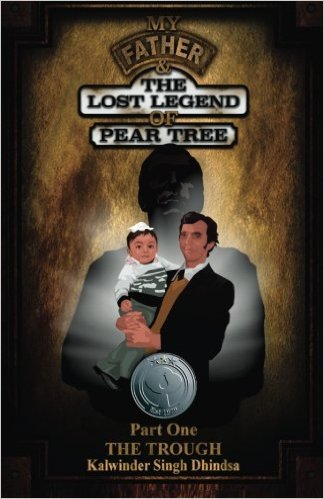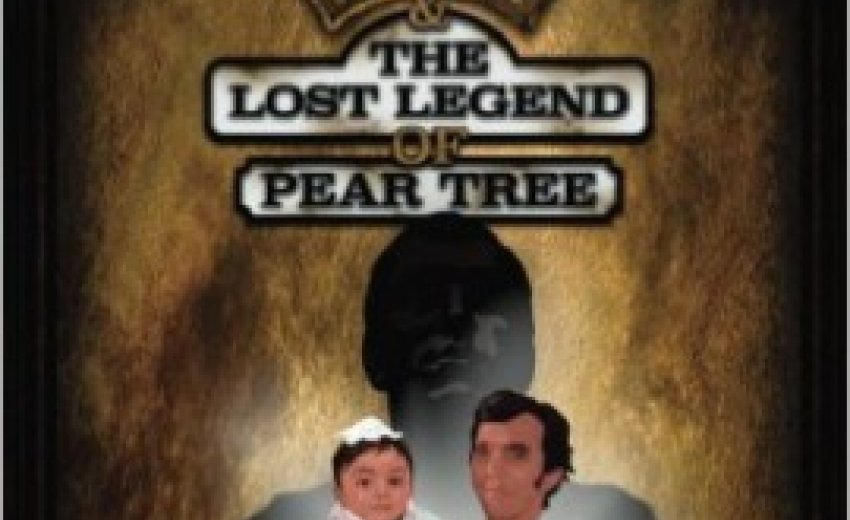Sikh author looks to open discussions on mental health in Asian communities
 A Sikh author is using his own personal story help open up discussions on mental health issues in Asian communities.
A Sikh author is using his own personal story help open up discussions on mental health issues in Asian communities.
Kalwinder Singh Dhindsa of Derby, UK, is receiving critical acclaim for his book - My Father and The Lost Legend of Pear Tree - on his father's suicide. By opening up about his own story, Kalwinder hopes to encourage others to do the same.
Mental health can be a taboo subject in Asian communities. As such, Kalwinder's book has received great acclaim for the open and honest way in which it tackles the subject. Kalwinder has discussed his book and the issues it revolves around on TV and radio in the UK already.
Here Kalwinder explains a bit about his book and what he hopes the outcome of it will be.
My Father & The Lost Legend of Pear Tree
by Kalwinder Singh Dhindsa
 My Father & The Lost Legend of Pear Tree is essentially a story about my father's suicide and how a reconnection with a ghostly pale face from the past takes me on a journey of regeneration and discovery. Thus allowing me to eventually come to terms with my father's death and in the process kick off my quest for happiness.
My Father & The Lost Legend of Pear Tree is essentially a story about my father's suicide and how a reconnection with a ghostly pale face from the past takes me on a journey of regeneration and discovery. Thus allowing me to eventually come to terms with my father's death and in the process kick off my quest for happiness.
My father Mohinder Singh took his own life in March 2006. My story recounts my Punjabi upbringing in Pear Tree, Derby and the stigma of depression and mental health issues in the Asian community.
In Part One of my story I talk about the lead up to my father's death and then the subsequent fall out and aftermath. I describe how it has affected me and how those around me have also reacted to it. In most cases, with silence. Either people are too uncomfortable talking about it, because they feel they might upset me. Or they just don't know what to say and avoid conversation. My biggest fear after the death of my father was that people would forget about him because they stopped talking to me about him because of the way he died. That was not fair. My father was a good man whose mind was corrupted by mental illness. In the Asian community mental illness can be seen as a weakness and something to be ashamed of. My father was unable to speak out. However, if our community can accept that mental illness is genuine and that help is available then many more lives could be saved. We must be able to talk freely about it and find better ways to communicate our thoughts to others who will not judge or desert us.
My pride in my Sikh roots and what my people have contributed to the world is quite evident as you read through Part One. A good example of which is the courageous Gian Singh VC.
In the epilogue of Part Two (2017) I reveal that I designed the Sikh Poppy Khanda to honour all the Sikhs who fought and sacrificed their lives during the World Wars. It was also my way of honouring Gian Singh VC who was a soldier from my mother's village in the Punjab.
It is my hope that my story will alert people to the dangers of dismissing mental illness or not taking it seriously. To help people understand how to spot the signs. To show people who have had their lives almost destroyed by it that there is a light at the end of the tunnel. There is always hope, no matter how bad things initially seem.
